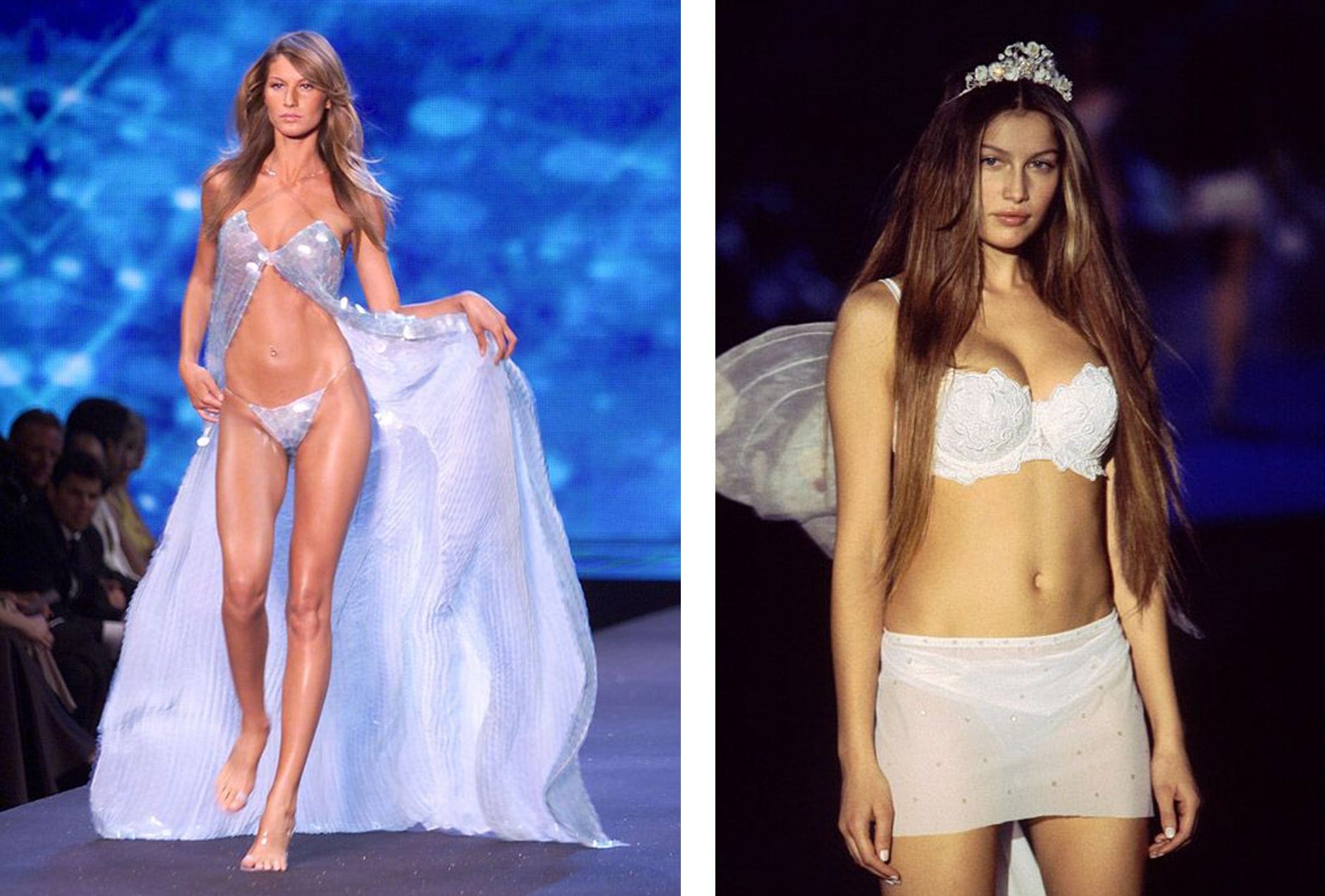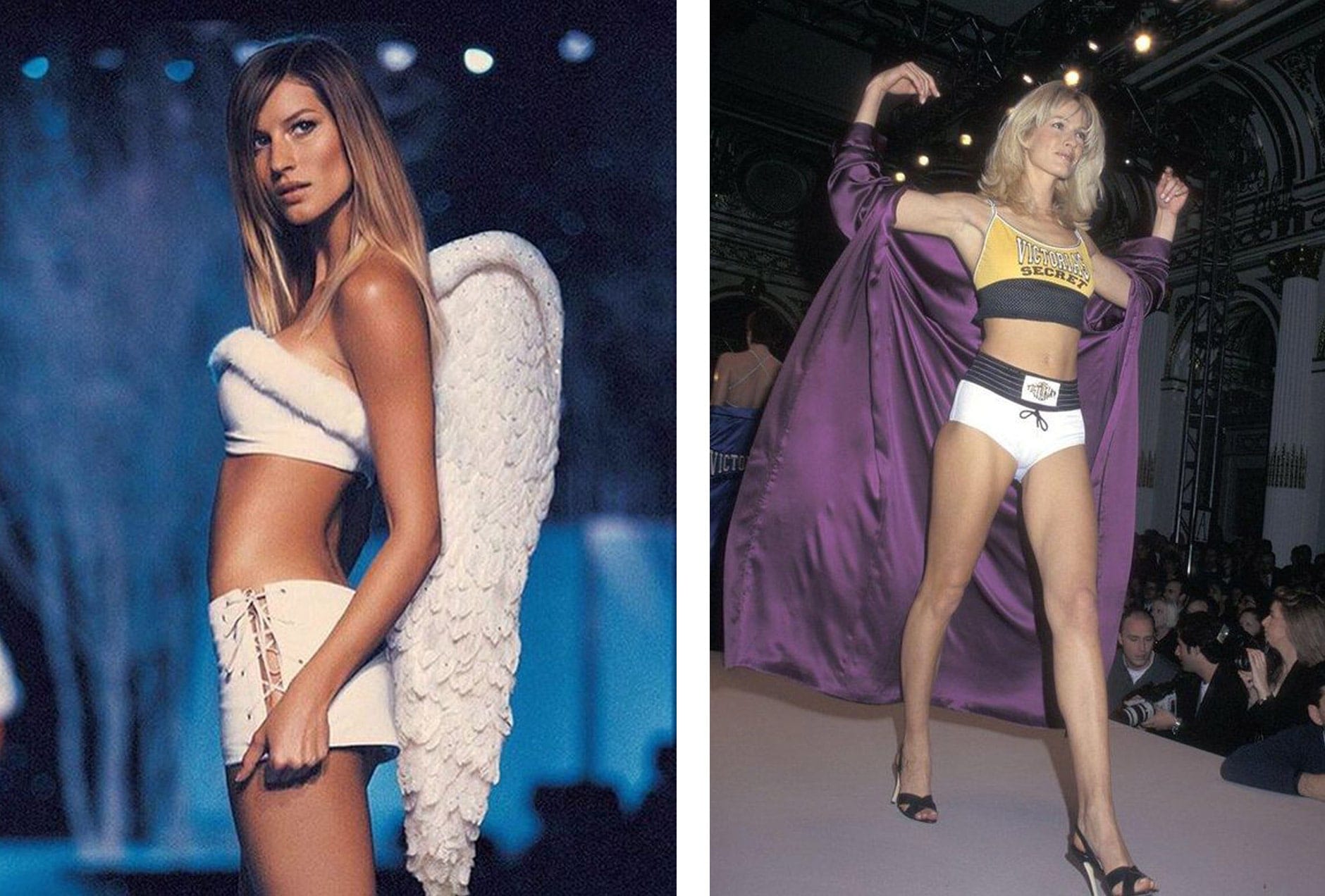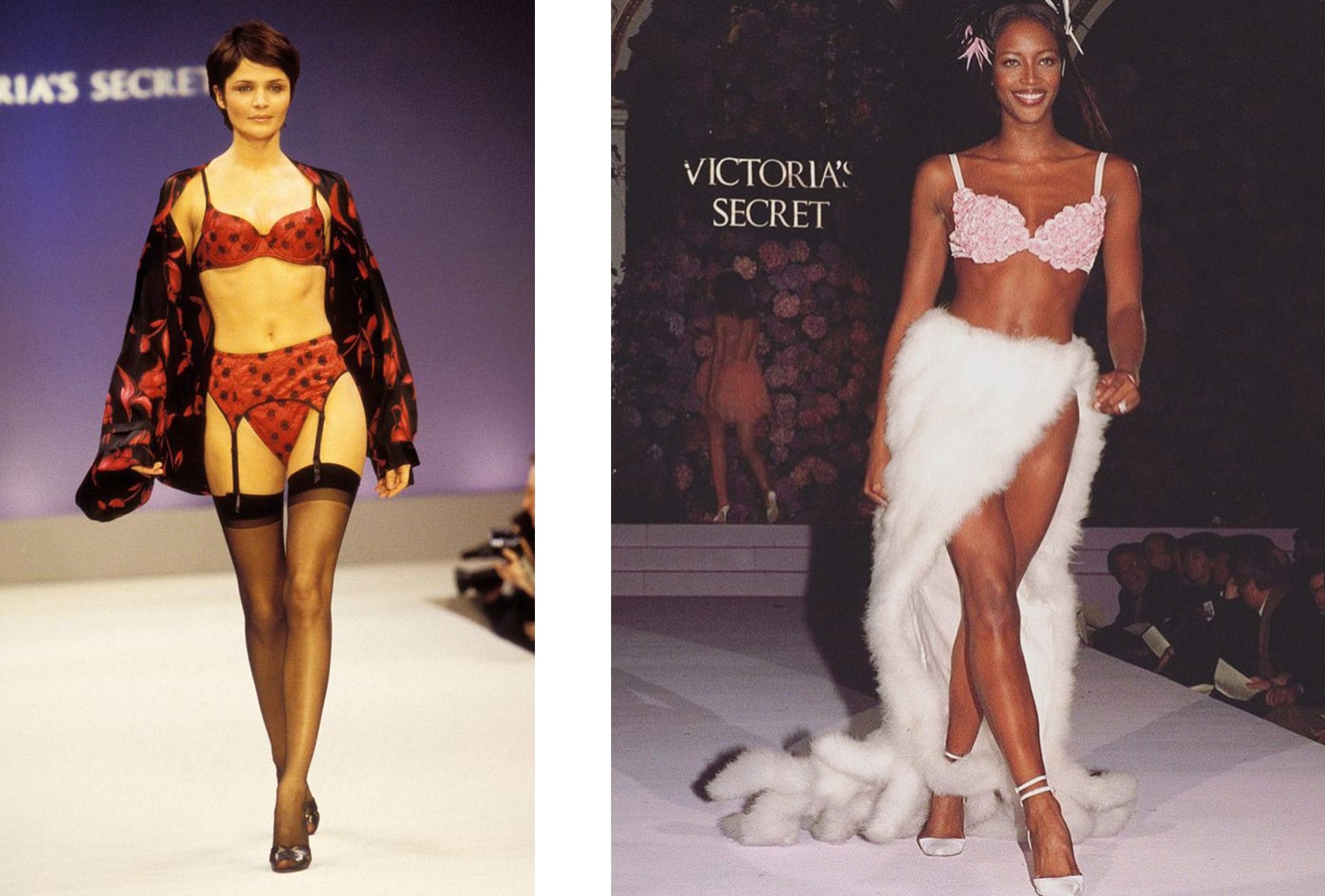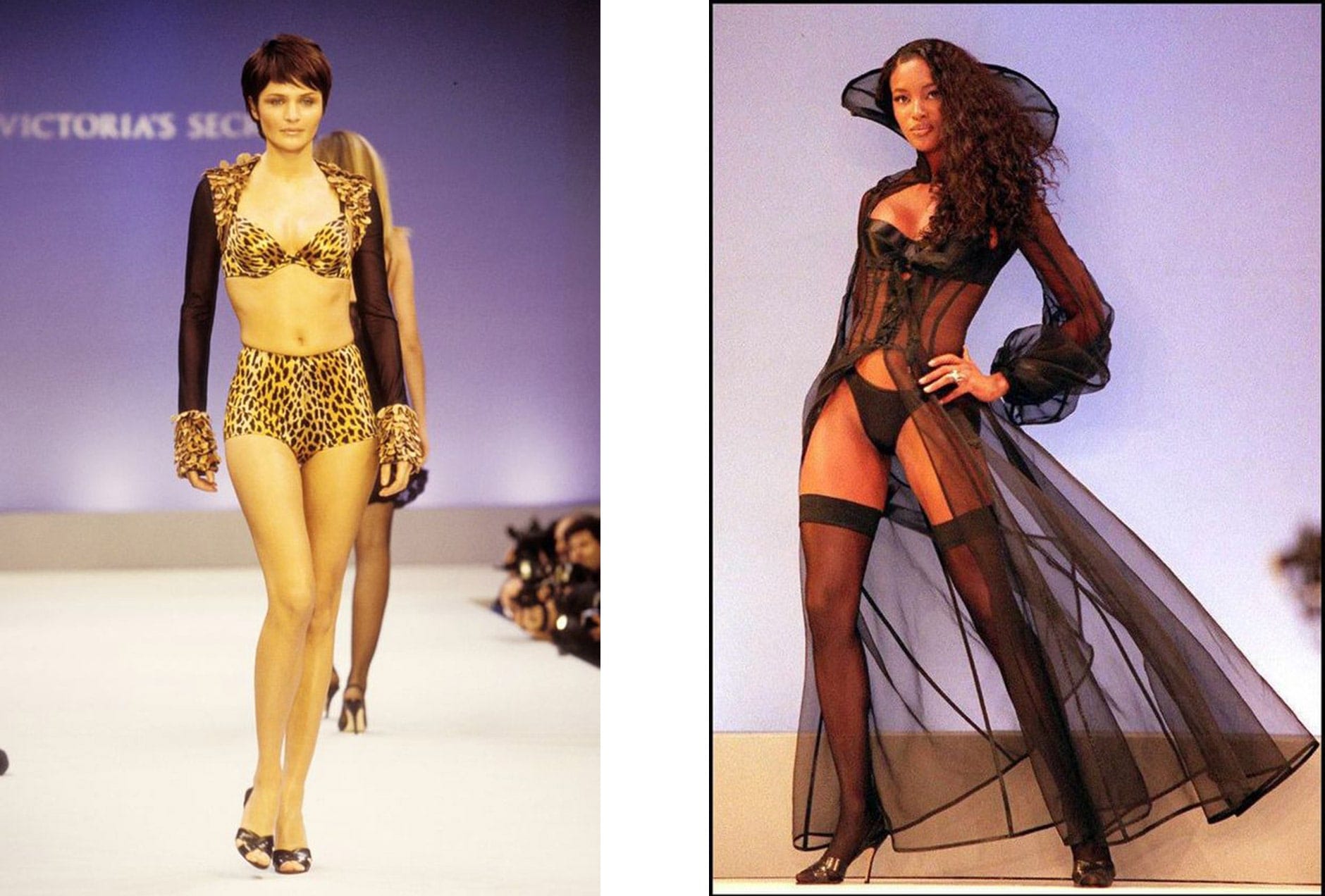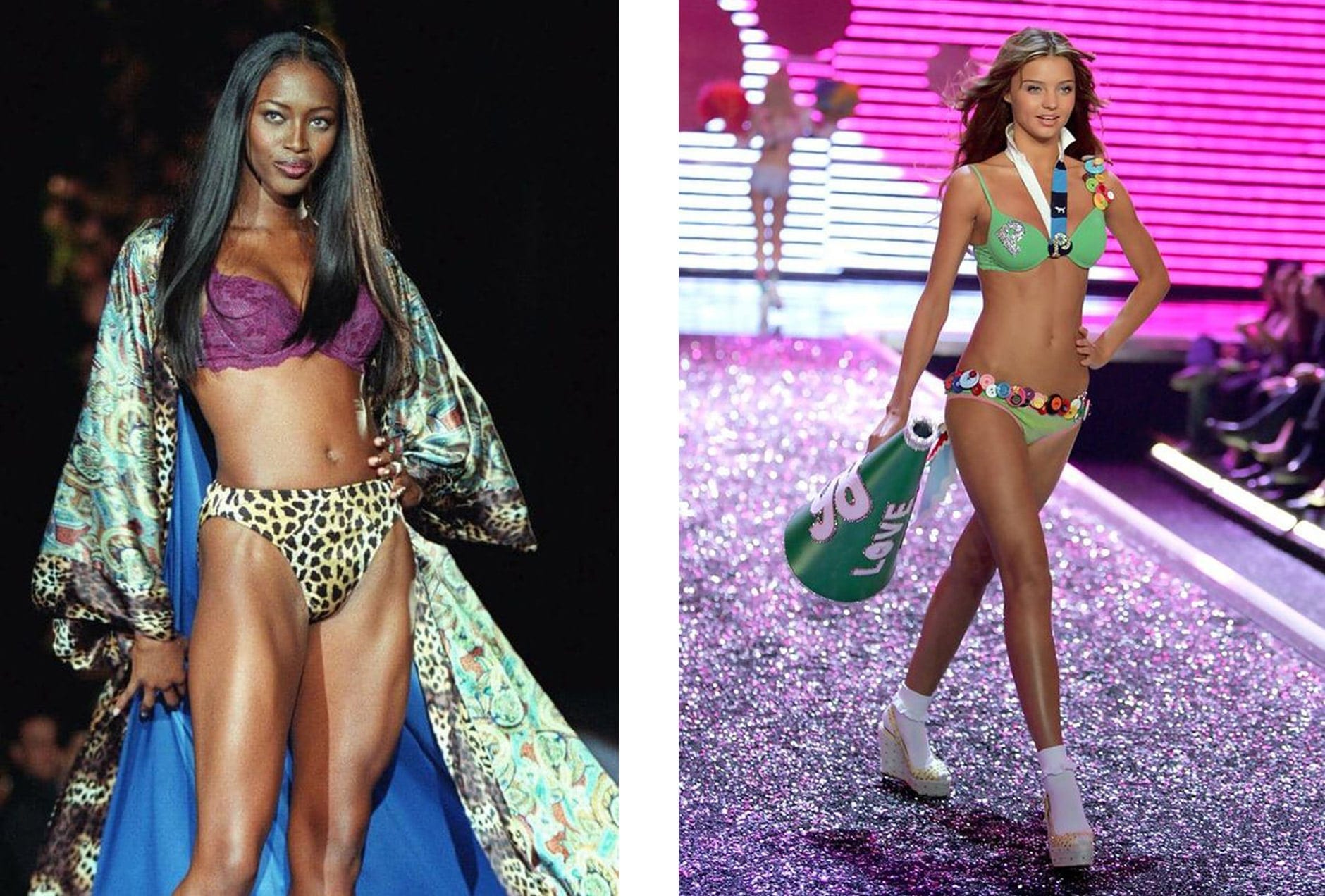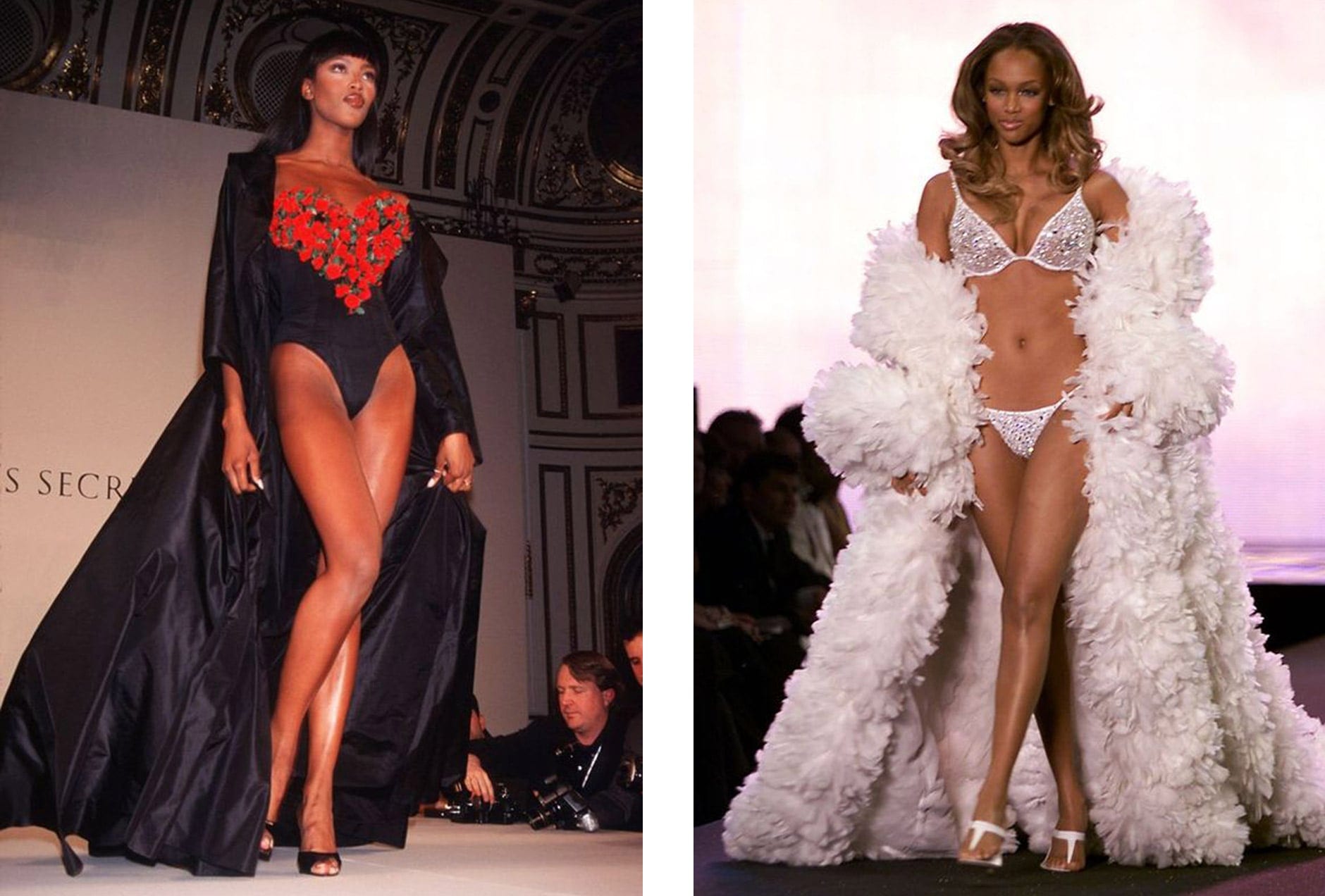Global lingerie giant Victoria’s Secret has announced in a statement from its parent company, L Brands, that it will no longer be hosting its annual Victoria’s Secret Fashion Show. "Fashion is a business of change. We must evolve and change to grow. With that in mind, we have decided to re-think the traditional Victoria’s Secret Fashion Show," the statement read. "Going forward we don’t believe network television is the right fit."
“We'll be communicating to customers, but nothing that I would say is similar in magnitude to the fashion show,” said L Brand’s CFO, Stuart Burgdoerfer, during the company's third quarter earnings call.
Though the show (and recent outgoing chief marketing officer Ed Razek) has been plagued by criticism over the last few years, there’s no denying its two-decade long legacy as a platform for international exposure for both models and music industry performers (including Kanye West, Rihanna and Harry Styles).
Many of our modern muses (and RUSSH cover stars), including Alessandra Ambrosio, Helena Christensen, Isabeli Fontana and Karlie Kloss, found global recognition by donning the brand’s coveted wings, or securing their status as a certified VS Angel. It was also the scene of some iconic runway moments – from a 1997-era Gisele in pale pink chiffon nightgown, channelling a blushing Juliet Capulet with long, naturally styled locks. Or Christensen in the same year, striding the catwalk in that leopard two-piece and pixie cut crop.
But its format (and designs) have changed drastically in the 20 years since its origin, evolving in a way that felt increasingly out of touch with the society it was broadcasting to. Coupled with controversial remarks from then-CMO Razek regarding transgender models and size diversity, there’s been relentless debate regarding its place in the modern, post-Me Too world, and the indefinite cancellation of the televised showcase indicates the brand is now listening. The times they are well and truly changing - watch a few seconds of any Savage X Fenty runway (and the subsequent social media adoration it always receives) for an example of the kind of public declaration of body positivity that consumers are craving - and Victoria’s Secret’s decision to alter its out-dated marketing model can only be a good thing, hopefully opening doors for a more respectful, inclusive dialogue with its customers.

